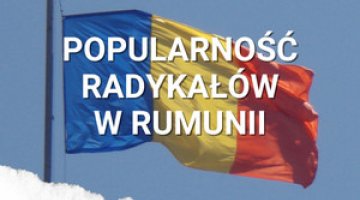The crisis of the nuclear power plant project in Romania
On 20 January the German company RWE, the French GDF Suez and the Spanish Iberdrola announced that they were pulling out of the project of the extension of the Cernavodă nuclear power plant. Thus the companies joined the Czech company ČEZ which withdrew from the project in autumn 2010. The withdrawal of these companies will significantly complicate the continuation of the ambitious programme of the extension of the nuclear potential in Romania.
The project of the extension of the Cernavodă power plant is the largest and the most expensive energy investment in Romania. Under the project two new reactors whose power will be altogether 1440 MW are planned. This extension will enable a doubling of the power production of the Cernavodă plant that currently produces 18% of electric energy used in Romania. The cost of the construction of the new reactors is estimated at EUR 4 billion. The investment will be realised by the company Energoproject established in March 2009. 51% of shares in Energoproject are in the hands of the state-owned company Nuclearenergetica and the remaining 49% have been shared among six Western energy companies – ENEL, ArcelorMittal, ČEZ, RWE, GDF Suez and Iberdrola. The withdrawal of part of the shareholders means increasing the package of shares held by Nuclearenergetica in Energoproject from 51% to 84.6%.
The official reason for these companies walking away from the project is the global economic crisis and the tougher financial situation of the companies. Probably also the unfavourable regulations of the Romanian energy market, seen as among the least transparent in the EU, played a role in the companies' decisions. This withdrawal will certainly delay if not make impossible the implementation of the investment as it has been planned that the two blocks will be operational respectively in 2016 and 2017. <dab>





